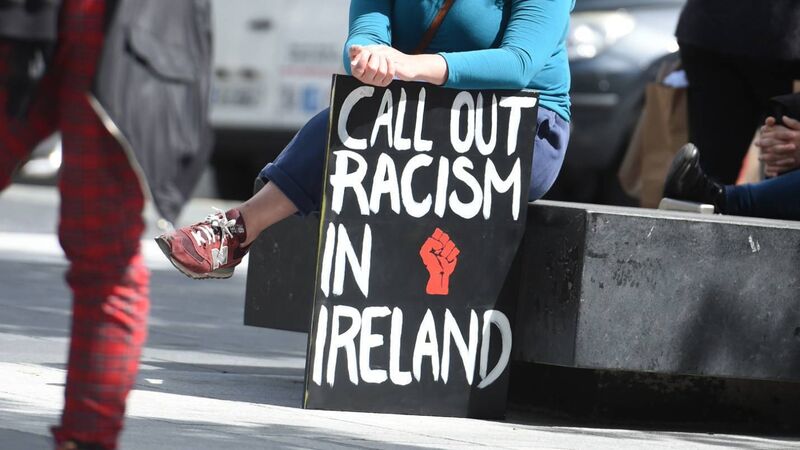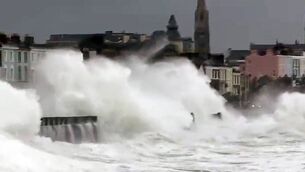Racial tensions and energy instability among key national risks

The assessment warned that 'failing to maintain an ongoing level of social cohesion and a mitigation of inequalities especially as second and third generation migrant communities emerge, represents a significant risk of negative consequences'.













